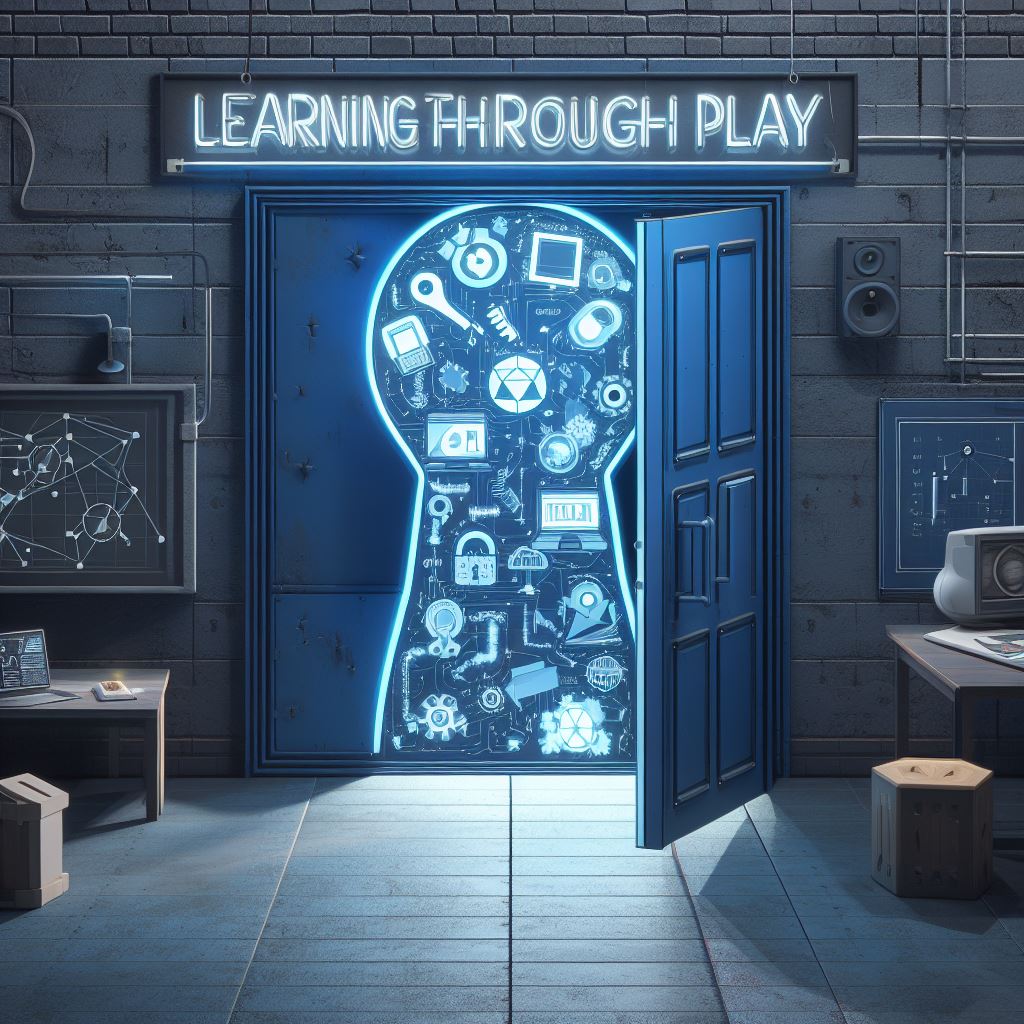Learning through play: The hidden educational value of the Escape Rooms

From a young age, we grow up spending a lot of time playing. Through play, we are able to learn real-life situations. Actions, life situations and their solutions. Because this learning pattern becomes ingrained early in life, a playful teaching approach provides an easier learning opportunity later in life, even as an adult.
Breakout rooms as interactive learning tools
A well thought-out playroom can be designed and built in such a way that it can be used specifically for educational purposes. Its interactive processes can be aimed at developing a skill. Educators often use playful solutions for educational purposes. Not only in childhood, but also in adult education.
Theory and principles of playful learning
Play as a learning process is the subject of many different theories. In terms of approaches, we can distinguish between physical, instinctive, psychological, aesthetic, etc. theories of play. In fact, each of these forms is based on the idea that the body and mind relax during play, making it more open and receptive to learning new skills.
Developing skills and competences through escape rooms
The sequential processes of the playrooms provide a sufficient amount of tasks for the players involved. Each task requires some kind of knowledge. Without it, the process becomes stuck. It therefore challenges the player to solve the problem at hand. The process of solving teaches new things that the player will remember later.
The value of active participation and hands-on experience
During games, it is important that all team members participate in an appropriate way. After all, self-experience – whether it is your own solution or the way others show you – is the best way of recording learning.
The values of Experiential Learning
The contribution of experiences to sustainable learning
Psychologists have shown that competencies that individuals experience as their own experiences are more deeply embedded in memory than if they had read, seen or heard them. Solving certain tasks can make you feel good about yourself. It is this pleasant experience that makes the task itself and its solution memorable and recallable in the long term.
Develop creative problem solving and critical thinking
In many cases, stressful situations have a motivating effect on thinking. It can be an intense problem-solving stimulus for anyone facing a difficult task. It is a forced situation, but it can be extremely useful and productive.
Opportunities for Interdisciplinary Learning
The problem-solving process in the breakout rooms is not just about solving many different kinds of problems. In most cases, it requires different competences from the participants. This is where the different skills of the team members can be put to good use.
The role of cooperation and group dynamics in multidisciplinary learning
Team members get to experience each other’s solutions through joint problem solving. They can also learn them immediately by seeing them first hand and use them in the same way later.
Modeling life situations and real-life experiences
The games are based on real-life situations. These are excellent simulations of life situations that we encounter frequently. In this way, we will be able to solve the problems we experience in the game in a similar way in our lives.
It is not only fun to play escape room games, it is a very rewarding way to spend your time.